![[background image]](https://cdn.prod.website-files.com/68ab43c4963b806f21e5c063/68b831f80798ac818e1eb9c8_71db3be986bc121721ec1bc578aca040.jpg)
Agricultural, ranch, and farm fencing is designed to provide strength, functionality, and long-term protection for rural properties. These fences keep livestock secure, protect crops, and clearly define property boundaries while standing up to tough outdoor conditions. Built with durable materials and tailored to your land’s unique needs, they combine practicality with reliability.
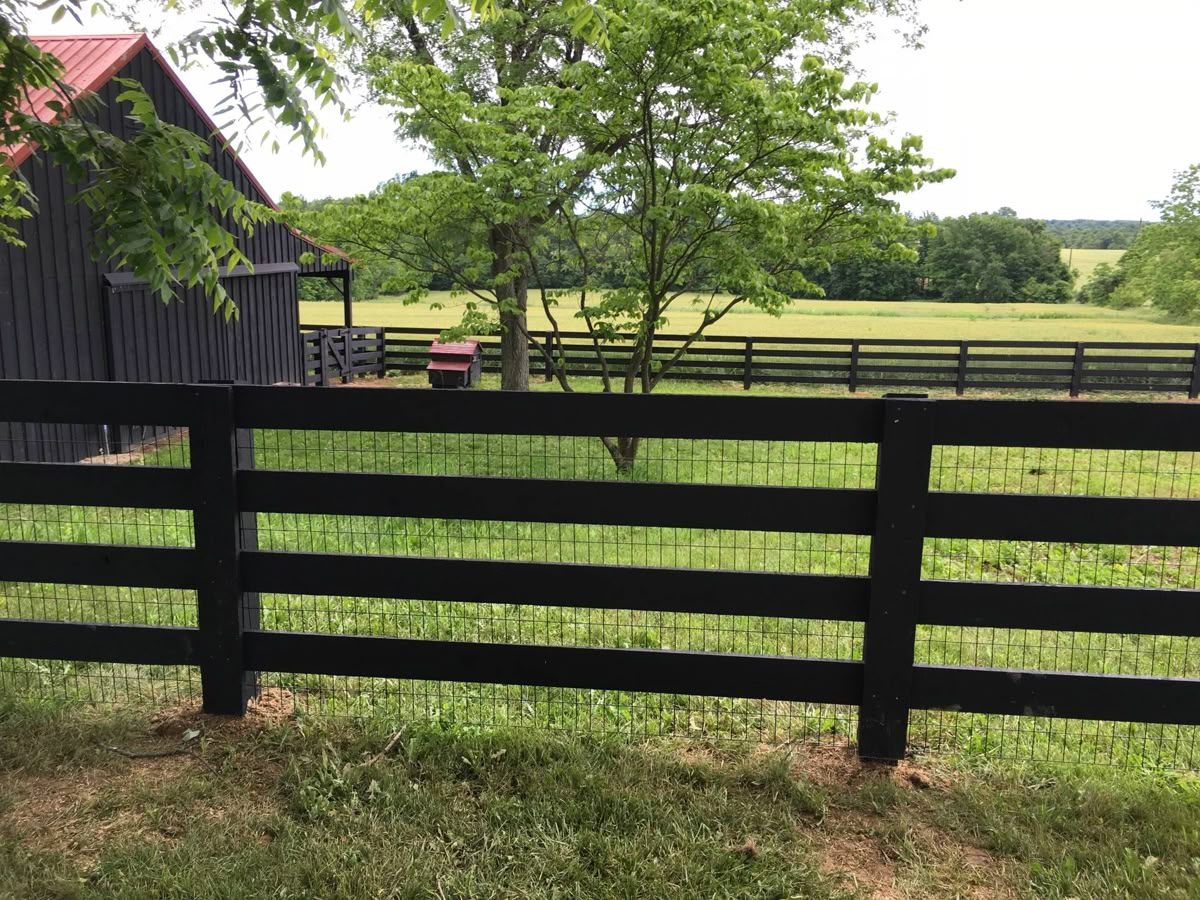
Barbed Wire Fencing
Woven Wire Fencing
Electric Fencing
Wooden Post & Rail Fencing
High-Tensile Wire Fencing
Pipe & Cable Fencing
Mesh Fencing
Custom Farm& Ranch Fencing
A Process Tailored to Your Land
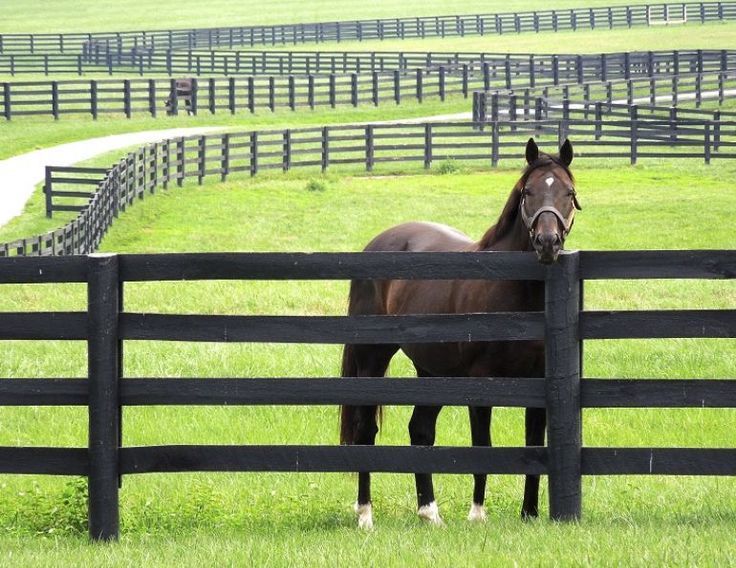
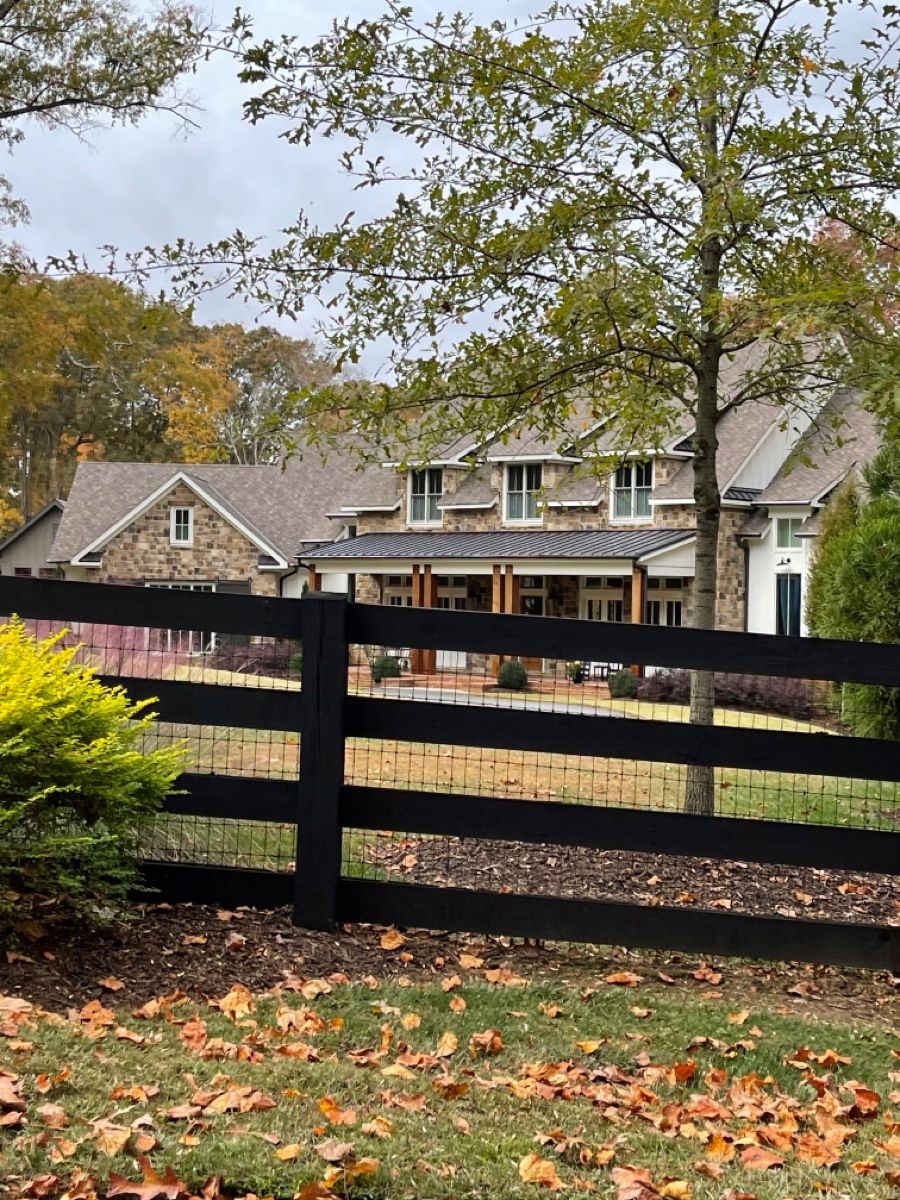
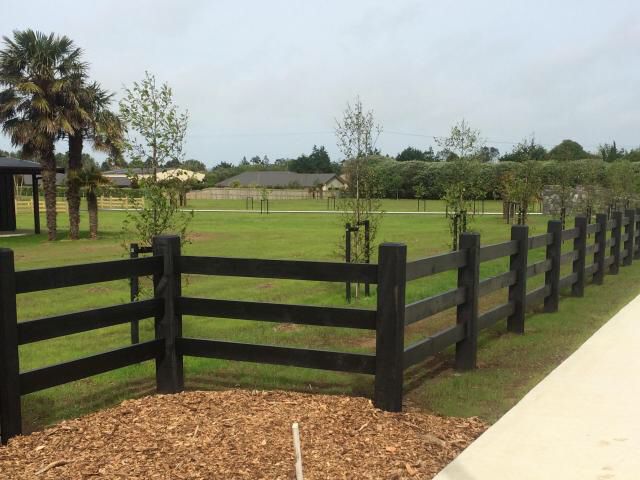
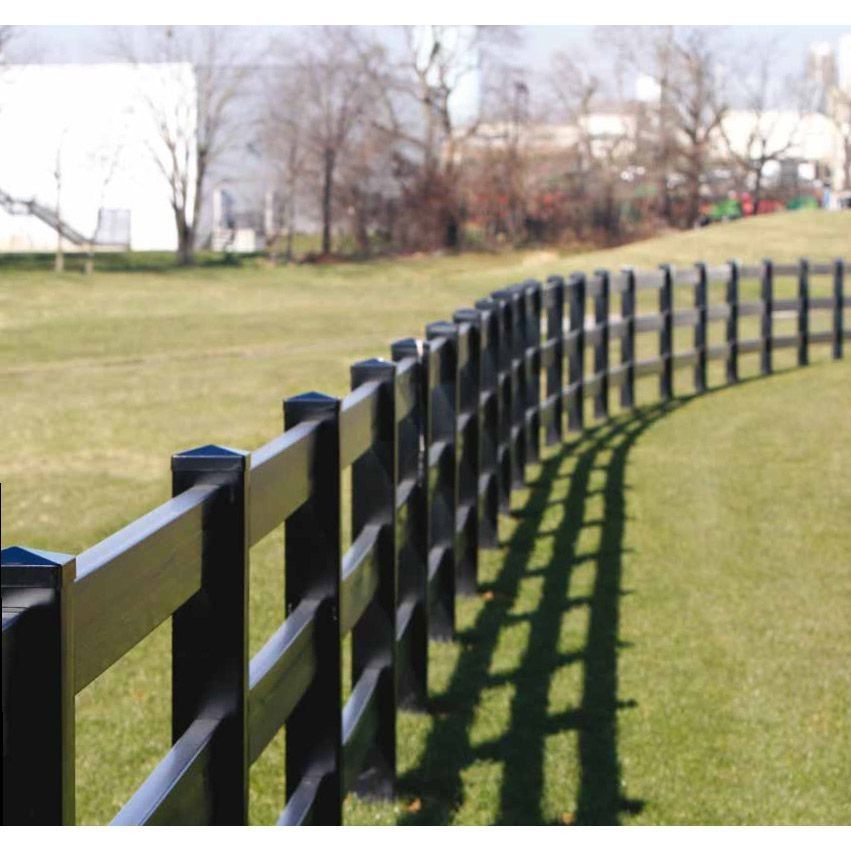

We walk the property line, assess soils, shade, water access, and tractor paths, while noting neighbor setbacks.
We provide a detailed plan and estimate, outlining the work needed, materials, and costs upfront
We flag local rules and provide necessary documentation.
Our team constructs strong, long-lasting farm fencing built for daily use.
We review your fencing system together to ensure it’s future-ready.










Have questions about fencing? Our team is here to help — reach out anytime by phone or Fill out the form and we will contact you.
Trusted by Tampa Bay homeowners and businesses.
Frequently asked Questions
Learn MoreFor safety and visibility, no-climb woven wire with a top sight rail is excellent. If you prefer the classic look, 3- or 4-board rail works well—add a hot offset to reduce chewing and leaning.
Electric saves your main fence. A single hot wire deters testing and keeps animals off the structure. We size chargers and ground rods to your total footage and vegetation load.
Deeper than you think—embedment depth and diameter increase with fence height, soil looseness, and wind exposure. We spec posts accordingly and beef up corners/braces.
Standard galvanization holds up inland. Near salt air, choose zinc-aluminum coatings, upgrade fasteners/hinges, and plan a simple rinse routine a few times a year.
Yes. Many ranches use horse-safe zones near barns and field fence or high-tensile on far perimeters. We’ll lay out a mixed system that fits your animals and budget.
It’s common in rural cattle areas but restricted in some residential or HOA zones. We’ll check local rules and propose alternatives when needed.
Use tight mesh (no-climb or dedicated goat fence) plus electric offsets on the pressure side. Keep step-ups, feeders, and rocks away from the fence line—goats will use them.
Absolutely. We can future-proof with gate stubs and braced tees so cross-fencing drops in fast when you’re ready.